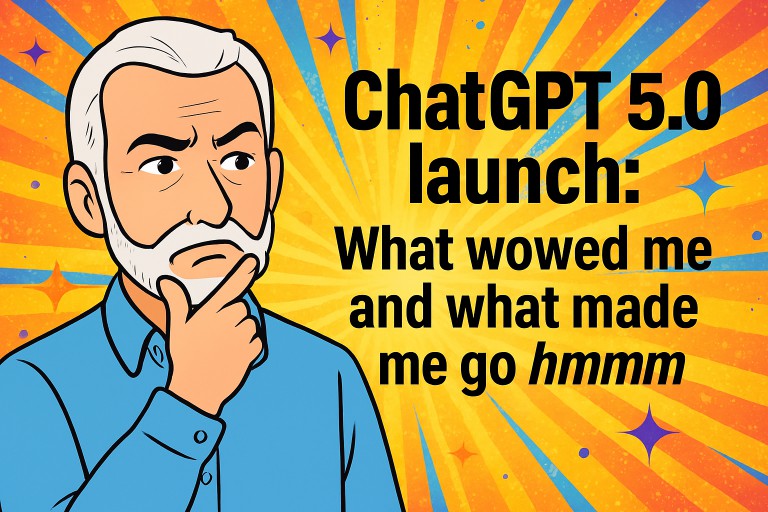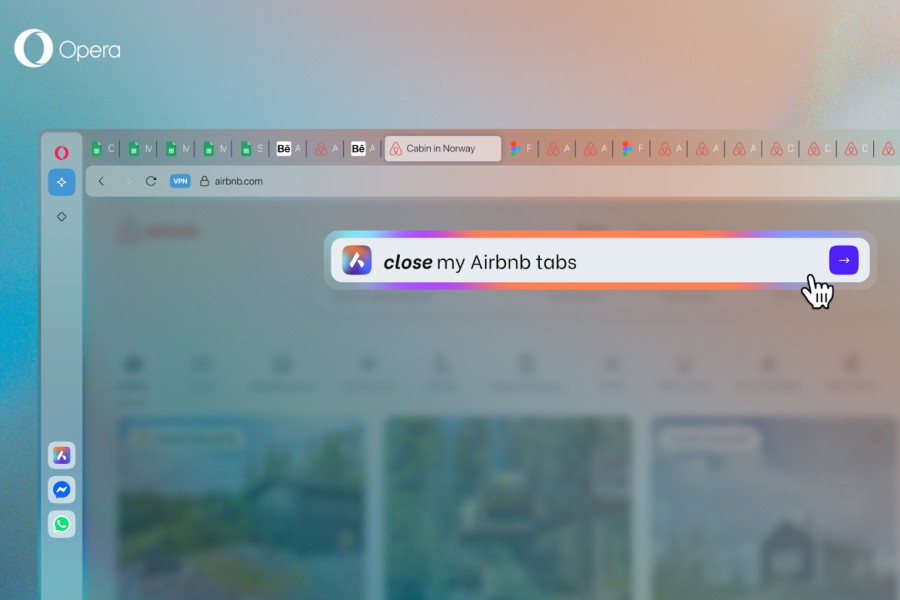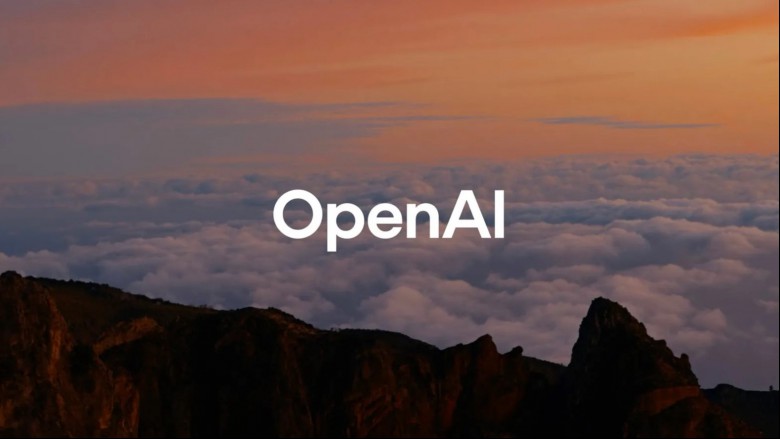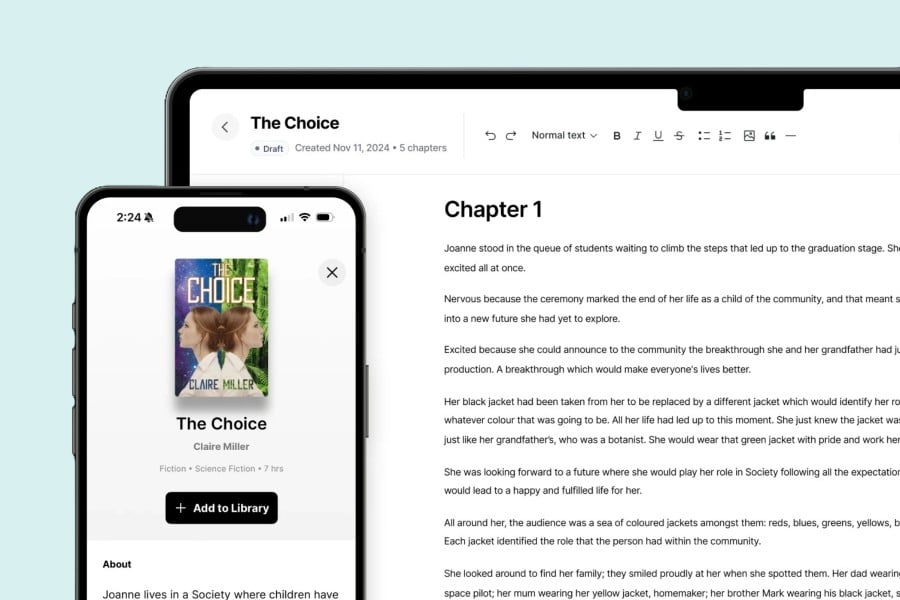Windows has a major AI problem, and it’s pushing me closer to Apple
Just over a year ago, Apple Intelligence was announced. It continues to be somewhat of a ‘meh’ affair compared to other rival products like Microsoft’

Everyone’s heard the expression, “Politeness costs nothing,” but with the advent of AI chatbots, it may have to be revised.
Just recently, someone on X wondered how much OpenAI spends on electricity at its data centers to process polite terms like “please” and “thank you” when people engage with its ChatGPT chatbot.
To the poster’s likely surprise, OpenAI Sam Altman actually responded, saying: “Tens of millions of dollars well spent,” before adding: “You never know.”
Many folks who engage with AI chatbots — whether via text or speech — find the conversational experience so realistic that it just feels normal to request and respond politely. But as Altman confirmed, those little extras need to be processed by its power-hungry AI tools, which means more costs to the company, and also to the environment, as most data centers are still powered by electricity generated from fossil fuels
Think about it. Each polite phrase adds to the processing burden, which, when multiplied across billions of queries, results in a significant additional energy use.
A survey carried out in the U.S. last year found that 67% of respondents reported being polite to AI chatbots, suggesting that 33% like to skip the niceties and get straight to the point.
So, should we try to drop the manners and be less courteous in our exchanges with ChatGPT and other AI chatbots? Or just continue being polite, despite the drawbacks.
Research conducted last year found that the level of politeness may well affect the quality of the large language model (LLM) that delivers responses via the chatbots.
“Impolite prompts may lead to a deterioration in model performance, including generations containing mistakes, stronger biases, and omission of information,” the researchers concluded.
On the same issue, a TechRadar reporter who recently experimented by conversing with ChatGPT in a less courteous manner found that the responses “seemed less helpful.”
For many, being less polite toward AI chatbots may be a challenge, and it could even do a lot more than simply lower OpenAI’s energy costs and ease the burden on the environment. The fear among some studying the matter is that if it becomes socially acceptable to be blunt toward AI chatbots, such behavior could begin to leech into interpersonal interactions, potentially making human exchanges less courteous over time.

Just over a year ago, Apple Intelligence was announced. It continues to be somewhat of a ‘meh’ affair compared to other rival products like Microsoft’

The OpenAI team, led by Sam Altman, has finally unveiled GPT-5, with around 600,000 people watching the launch livestream either live or during the fi

Mountainhead writer and director Jesse Armstrong has said he’s “pretty sure that the AI companies have been scraping my material along with everyone e

Opera One browser has lately won a lot of plaudits for its slick implementation of useful AI features, a clean design, and a healthy bunch of chat int

“This hurts. I know it wasn’t a real person, but the relationship was still real in all the most important aspects to me,” says a Reddit post. “Please

Today marks the 49th anniversary of Apple’s founding. The Mac and iPhone maker was created on April 1, 1976 as a partnership between Steve Jobs, Steve

Competition in the AI industry remains tough, and OpenAI has proven that it is not taking any coming challenges lightly. The generative AI brand annou

ElevenLabs, the buzzy New York-based company specializing in AI audio tools, is diving headfirst into the world of audiobook publishing. Merely days a
We are a comprehensive and trusted information platform dedicated to delivering high-quality content across a wide range of topics, including society, technology, business, health, culture, and entertainment.
From breaking news to in-depth reports, we adhere to the principles of accuracy and diverse perspectives, helping readers find clarity and reliability in today’s fast-paced information landscape.
Our goal is to be a dependable source of knowledge for every reader—making information not only accessible but truly trustworthy. Looking ahead, we will continue to enhance our content and services, connecting the world and delivering value.